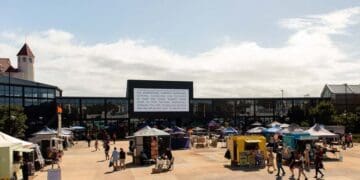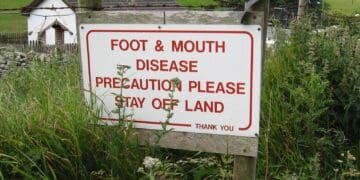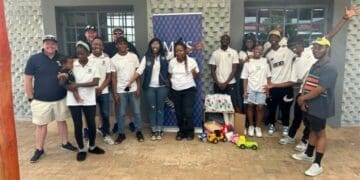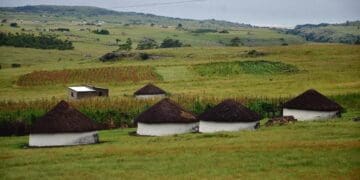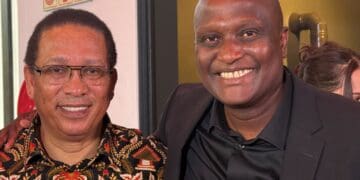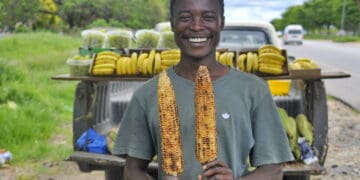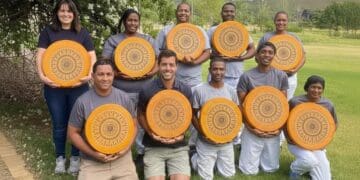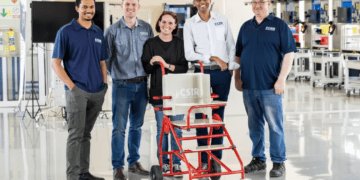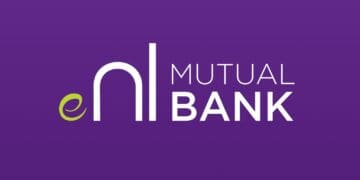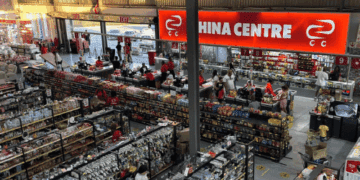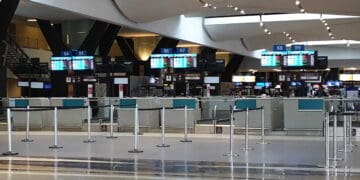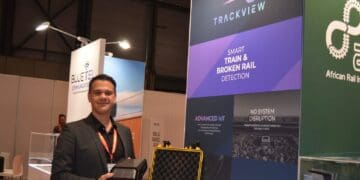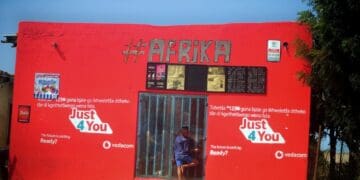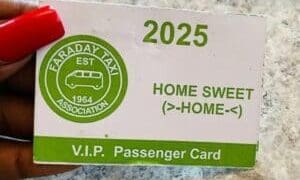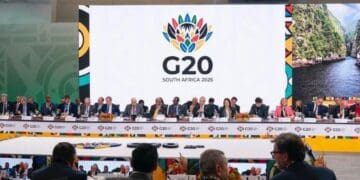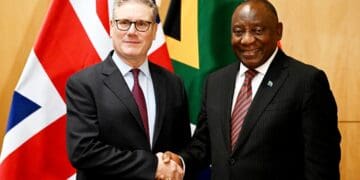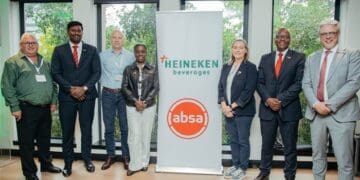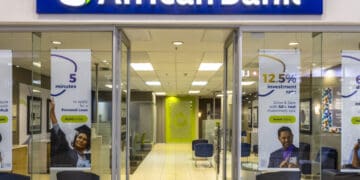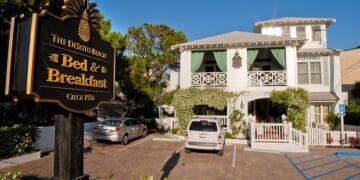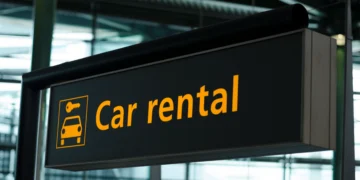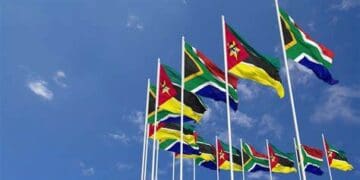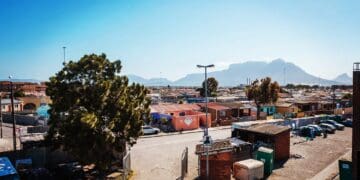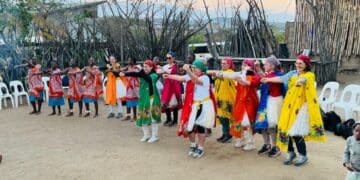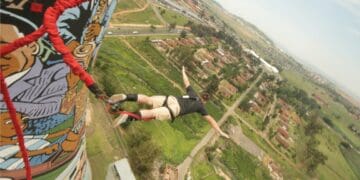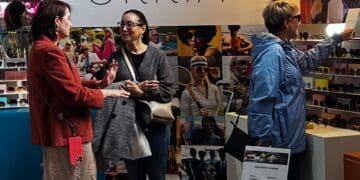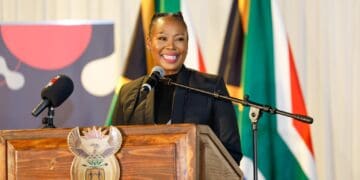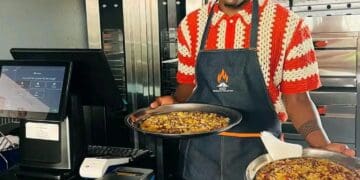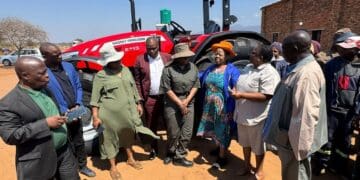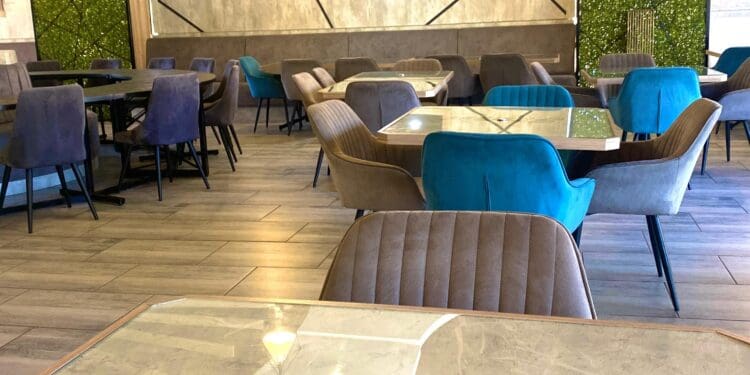South Africa’s first-ever G20 Tourism Hackathon Challenge has put the spotlight on
how technology can transform the country’s tourism landscape and, crucially, how it
could open new doors for small businesses in rural and underrepresented
communities.
Hosted in Mpumalanga, the hackathon brought together 48 students from 21
universities and colleges across the country. Their task was to design AI-driven
solutions that would make tourism more inclusive, sustainable, and accessible.
Three winning innovations emerged. The Catalysts developed Hologram Hub, a
platform for rural communities to digitally tell their stories, preserve heritage, and
attract tourists. Map My Biz created an AI-powered global smart map to put rural
entrepreneurs on the radar of travellers worldwide.
Ubuntu Unlimited blended VR, AI, and Web3 into a platform where international
visitors can explore villages virtually, attend live workshops, and even purchase
authentic crafts online.
Tourism Minister Patricia de Lille said these prototypes will not end as ideas.
“We are not just looking for good ideas; we are investing in ethical solutions,
inclusive, and sustainable,” she said.
“The winning solutions will be accelerated for commercialisation, with funding from
the Department of Tourism and our partners.”
The appeal for such innovations is clear, especially for SMEs in rural areas. Many businesses struggle with visibility, infrastructure, and digital access.
Marketing manager Akesa Mokhare from Fumani Game Lodge in Limpopo said Map
My Biz could be a breakthrough.
“Our region between Mookgopong and Modimolle is rich in tourism businesses, from
family-run lodges to cultural experiences, yet many face exclusion from mainstream
tourism markets,” Mokhare told Vutivi Business News.
“A smart mapping tool would give our communities a real chance to participate
economically and showcase their value on a global stage.”
Still, he cautioned that adoption will not be without challenges. Poor internet
connectivity, weak road networks, and limited digital literacy continue to be a stumbling
block for many rural entrepreneurs.
Mokhare suggested targeted government support from rural broadband rollout to
training programmes to ensure digital tools translate into real opportunities.
Kruger Lowveld Tourism COO Nomkhosi Tshabalala said the hackathon innovations
represent more than just apps or platforms. They address one of the sector’s
deepest gaps, which is communication.
“If no one knows about it, no one will come,” Tshabalala said. “These solutions
bridge the communication divide and redesign storytelling. All three winning solutions
potentially have the ability to shape how a community does business and attracts
new opportunities.”
She added that if rolled out properly, the platforms could reduce exclusion from the
tourism value chain and allow young people to carve out a brighter economic future.
The G20 Tourism Hackathon may have been framed as a competition, but its results
point to something larger, which is the possibility of placing small businesses at the
heart of South Africa’s digital tourism revolution.
For SMMEs that have long operated on the margins, these tools could finally give
them the visibility, trust, and reach they need to thrive.
nosihle@vutivibusiness.co.za






